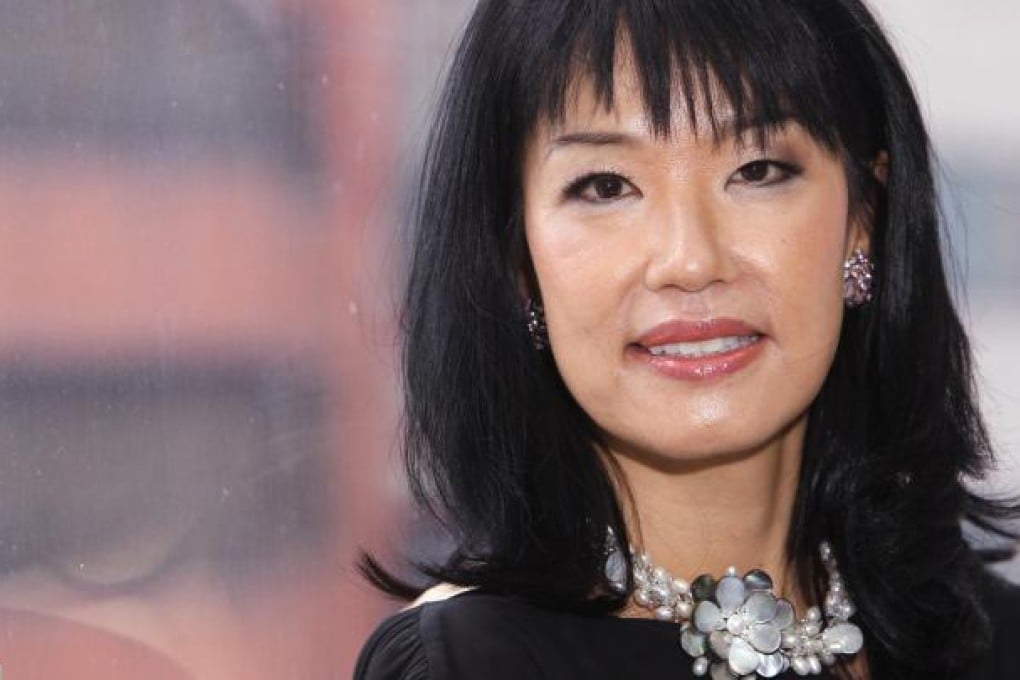Lai See | Make Hong Kong more family-friendly says women's survey

New research shows that Hong Kong requires better policies to make the city a more family-friendly place to live and raise children.
These findings are just one of many in a series of three big reports launched by the Civic Exchange and commissioned by the Women's Foundation, with financial support from Goldman Sachs.
"The Changing Faces of Hong Kong: A Cohort Analysis of Women, 1991-2011", by Louisa Mitchell, analyses, in 250 pages, census data to profile typical women in different age ranges, comparing their situation today with 20 years ago.
A second report by Professor Michael DeGolyer of the Hong Kong Transition Project is titled "Women in the Community and national context 1994-2010", and mines the public opinion data that HKTP has collected since 1994 to reveal changes in attitudes and behaviour of Hong Kong people in areas such as feeling towards national day, issues of concern and political and civic participation. The third report, by Carina Lai, provides a graphical summary of the reports.
Su-mei Thompson, the chief executive of the Women's Foundation, said the aim of the research was to identify themes with a view to informing government policy makers. While many of the reports' findings are unsurprising, some are. So although it is no surprise that learn that women are having fewer children and having them later, it is surprising to learn there has been a six-fold increase in crime among elderly women between 1991 and 2011, against a three-fold increase among men.
DeGolyer said that the age profile in Hong Kong society is lengthening, with the older population being supported by an increasingly narrow base. "Fewer and fewer people are having to carry more and more people for longer. This is a crucial thing to realise if you want to understand why Hong Kong verges on the edge of unrest at times. It's not going to get better," he said.
Another point was that women were under-represented in functional constituencies, which control the legislative council. This matters, since "it may lead to unconscious biases in Hong Kong's decision-making process," DeGolyer said, adding that poll data show that women are more concerned then men about social and environmental issues. "Democracy aside - the decision-making process needs to be made equitable," he said.
